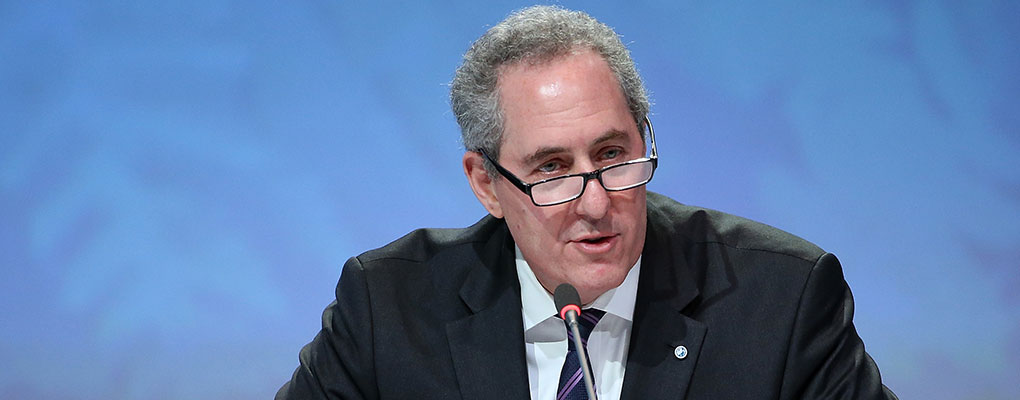
The UK and the US have begun early stage discussions on how to secure a trade deal following the UK’s exit from the European Union.
Speaking at a media breakfast organised by the Christian Science Monitor on July 15, the US trade representative Mike Froman revealed he had spoken with senior UK politicians Sajid Javid and Mark Price concerning the possibility of a bilateral trade deal.
The exact details of any trade deal with the US are still unclear. At the media breakfast, Froman noted: “What precisely they negotiate with their other trading partners will depend in part on what model they develop in their relationship with the EU.” Until the UK’s exact relation with the EU post-Brexit becomes clear, he argued “it’s hard to determine precisely what kind of trade relationship they might be able to negotiate with others”.
The fact that preliminary talks have already started appears to be a positive sign for the UK’s economic future
However, the fact that preliminary talks have already started appears to be a positive sign for the UK’s economic future. It is a reversal of the Obama administration’s previous claim that negotiating a trade deal with the UK would not be the US’ immediate priority: in the lead-up to the EU referendum, President Obama warned the US’ priority was to negotiate trade deals with larger trading blocks, and that a post-Brexit UK would “join the back of the queue” in negotiating a trade deal.
Campaigners for Brexit regularly claimed that being part of the EU constrained the UK’s ability to forge trade deals with economies outside the single market. David Davis, now the UK’s Secretary of State for Exiting the EU and a prominent voice from the Brexit campaign, has argued the UK will be able to secure bilateral trade deals of greater value than the single market within two years, while also maintaining access to the single market.


